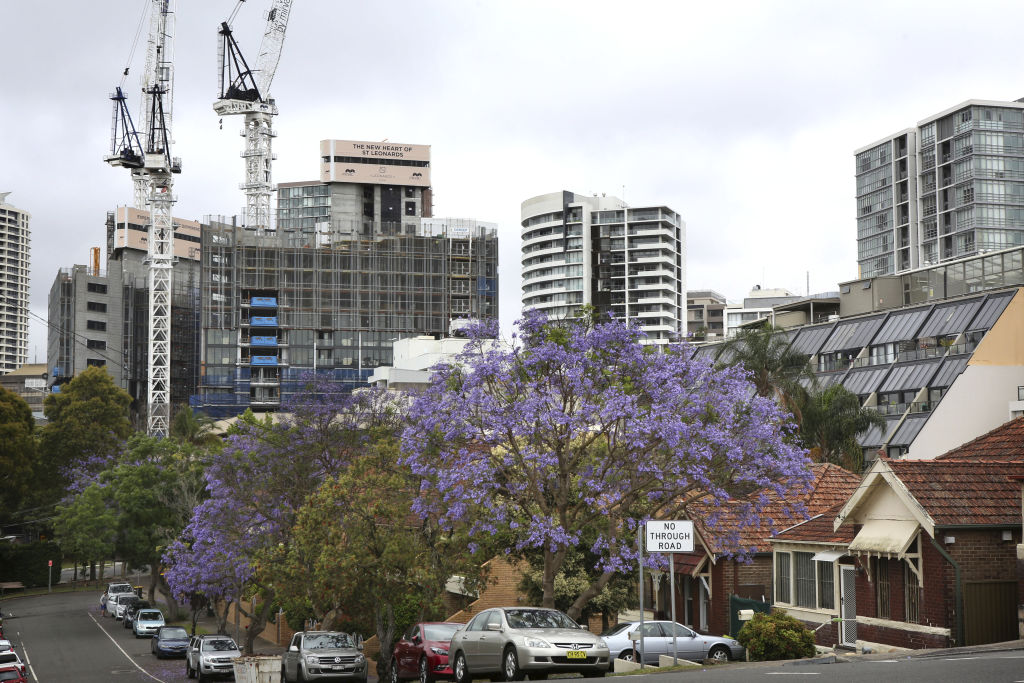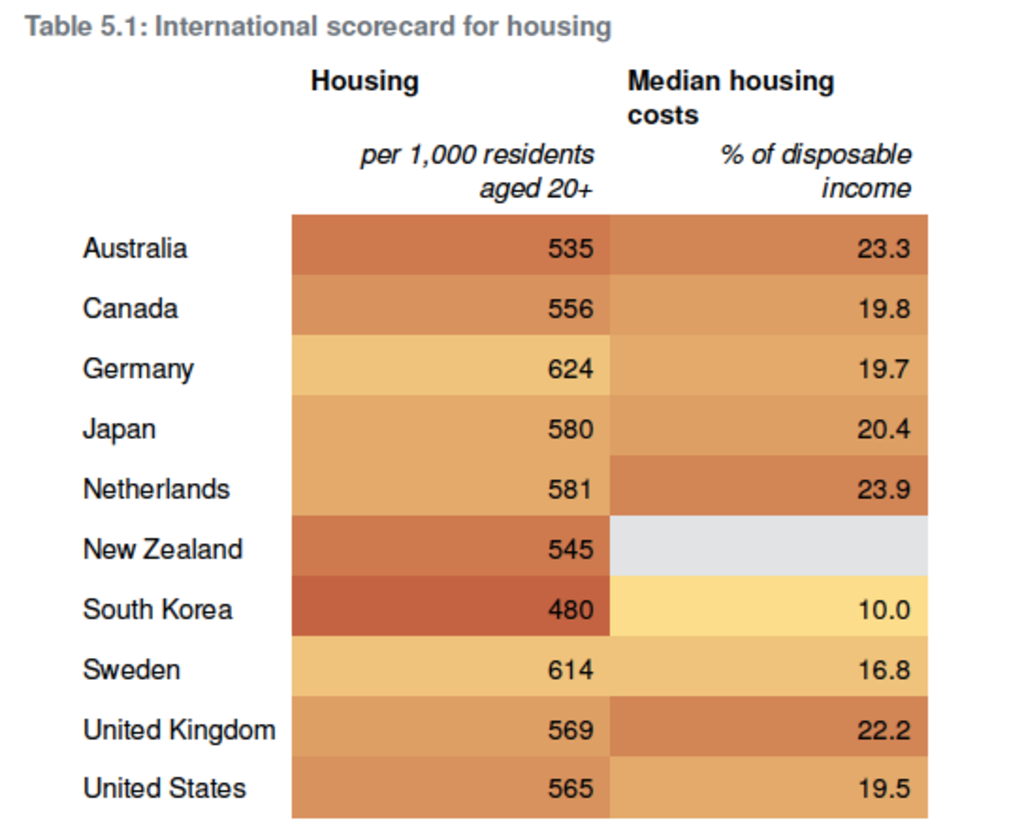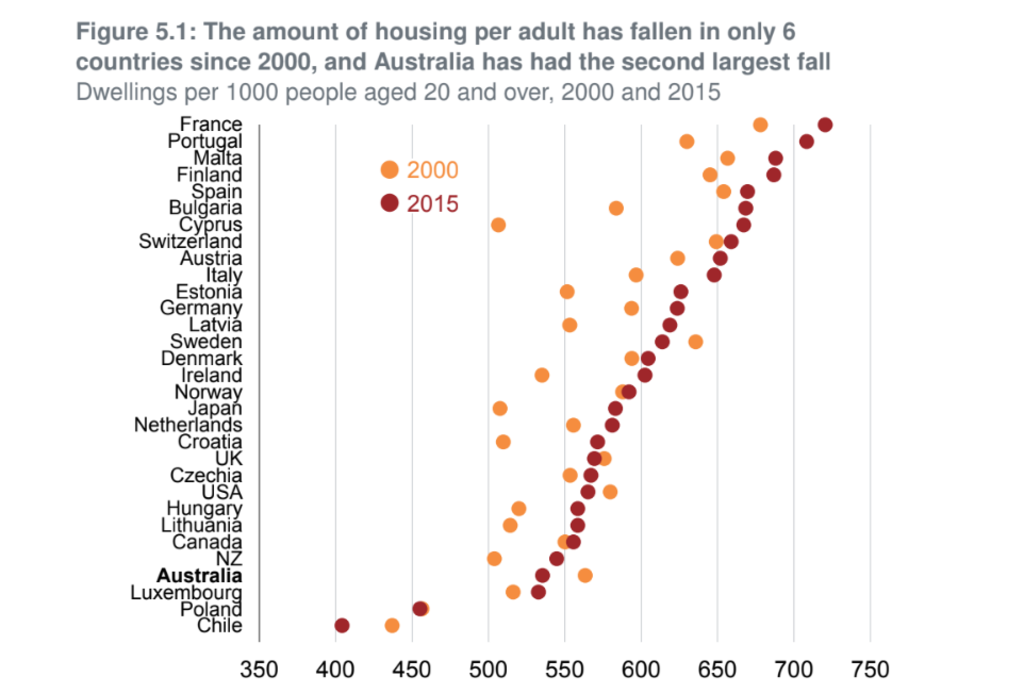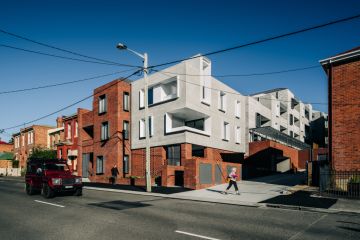Boosting development must be key priority for next government: Grattan Institute

Boosting development in capital cities must be a key priority for the next federal government because new housing supply has failed to keep up with the needs of Australia’s growing population, an independent think tank says.
Incentivising state governments to relax planning restrictions to allow more high-density housing in middle-ring suburbs is central to improving housing affordability, according to the Grattan Institute.
Winding back negative gearing and capital gains tax concessions, increasing rent assistance and funding the construction of additional social housing by the states, were also flagged as top priorities for the next government, in its Commonwealth Orange Book 2019, released on Tuesday night.
While Australians are living longer than people in most other countries and public debt is relatively low, the institute’s new international scorecards showed Australia’s housing costs and homelessness rates are relatively high compared with other developed economies.
“The image of Australia is that it’s a place with plentiful housing,” said lead author and Grattan Institute chief executive John Daley. In reality, Australia is in fourth place for the fewest homes per adult in the OECD, and saw the second greatest decline in housing stock — relative to the adult population — in the past 15 years, he added.

While curbing migration would make housing more affordable in the long term, the report said, it would leave Australians worse off and take a toll on the economy. It also warned the future government against attempting to divert the population to regional Australia.
“It doesn’t work,” Mr Daley said. “And the fundamental problem is when we use the policies, and say let’s get lots of moving to regional areas, we don’t do the hard work to [future-proof cities].”
Establishing a National Housing Research Council to collect consistent data, better enforcement of existing rules on foreign buyers and increasing Commonwealth rent assistance for low-income households by 40 per cent, were flagged as easy wins for improving housing affordability.
Benchmarked against the consumer price index, rent assistance had failed to keep up with leasing costs, Mr Daley said.
“Believe it or not, all it [increasing rent assistance by 40 per cent] would do is restore it to the rate that it was about 15 years ago … rents have gone up a lot faster than CPI,” Mr Daley said.

The report also took aim at incentives for first-home buyers and downsizers, saying they did not improve housing affordability, and raised concerns over Labor’s policies to build 250,000 more affordable homes over the next decade, by offering subsidies for new homes rented out at 20 per cent below market rate.
Mr Daley said the plan, similar to the scrapped National Rental Affordability Scheme, would need to be carefully targeted to helping those most in need to be effective.
“It needs to be much better designed than the NRAS scheme … it ran [like] a gigantic lottery so a lot of people who frankly weren’t that bad off ended up paying 20 per cent less for rent.”
While perhaps unpopular, Mr Daley said, the biggest lever the federal government could pull was to indirectly boost housing supply in middle-ring suburbs of capital cities, by putting pressure on and providing incentives for states to loosen planning laws.
“There is no question that it is politically hard. Unfortunately it is also the thing that makes a difference,” he said.
Increases in density could be accompanied by federal funding for local parks, libraries and other infrastructure and community services, Mr Daley added.
“Either they can keep doing things that sound good but don’t make a difference, or do things that sound hard but do make a difference,” he said.
We recommend
We thought you might like
States
Capital Cities
Capital Cities - Rentals
Popular Areas
Allhomes
More







